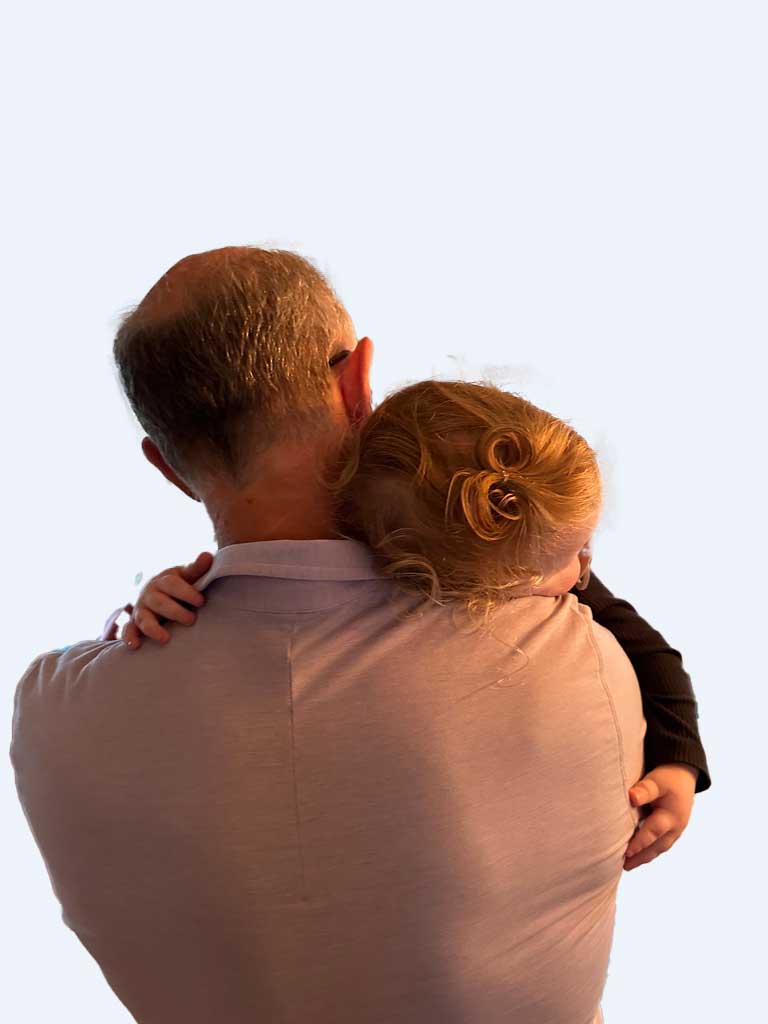Different ways of knowing
There are a few aspects of that definition that bear worth looking at more closely. First of all, the way our intelligence is generally experienced – often without our realizing it – is in discrete compartments. For example, we can think reasonably with our heads; or in a tender moment we might experience the knowing of the heart; and then there are gut feelings, which are distinct yet again. In the course of a day, we might flip-flop back and forth amongst these different ways of knowing the world – but it remains an either/or choice. We generally don’t experience our intelligence as a coherent unity.

What is embodied intelligence?
The body’s intelligence is holistic and inclusive. It is also a bottomless resource that, in our head-based culture, we tend to forsake. The body processes over a billion times more information than we can be consciously aware of. When we rely on the dissociated intelligence of the head, we are relying on a mere fragment of our intelligence. To be sure, it is a brilliant fragment with many gifts to offer, but it’s a fragment nonetheless. Our reliance on it is encouraged by the way we confuse ‘mind’ with ‘brain’, believing them to be the same thing. But the truth is that every cell in the body participates in its thinking. Mind suffuses the whole of our being. It is possible to face every question with the whole of your being, to speak from the whole of your being, to listen with the whole of your being, and to think with the whole of your being. That is what the state of embodiment makes possible.
video
What is Embodiment?
If you'd like to learn more about TEPP's approach to embodiment, please enjoy this video. In it Philip Shepherd shows that disembodiment has been part of Western culture for so long – since before the time of Plato – that we no longer understand what true embodiment is. Philip brings clarity to that issue as he addresses these six questions:
- Why do we need to talk about embodiment?
- What is embodiment?
- Why does embodiment matter?
- What are the characteristics of disembodiment?
- What are the characteristics of embodiment?
- What are the two stages of embodiment?






